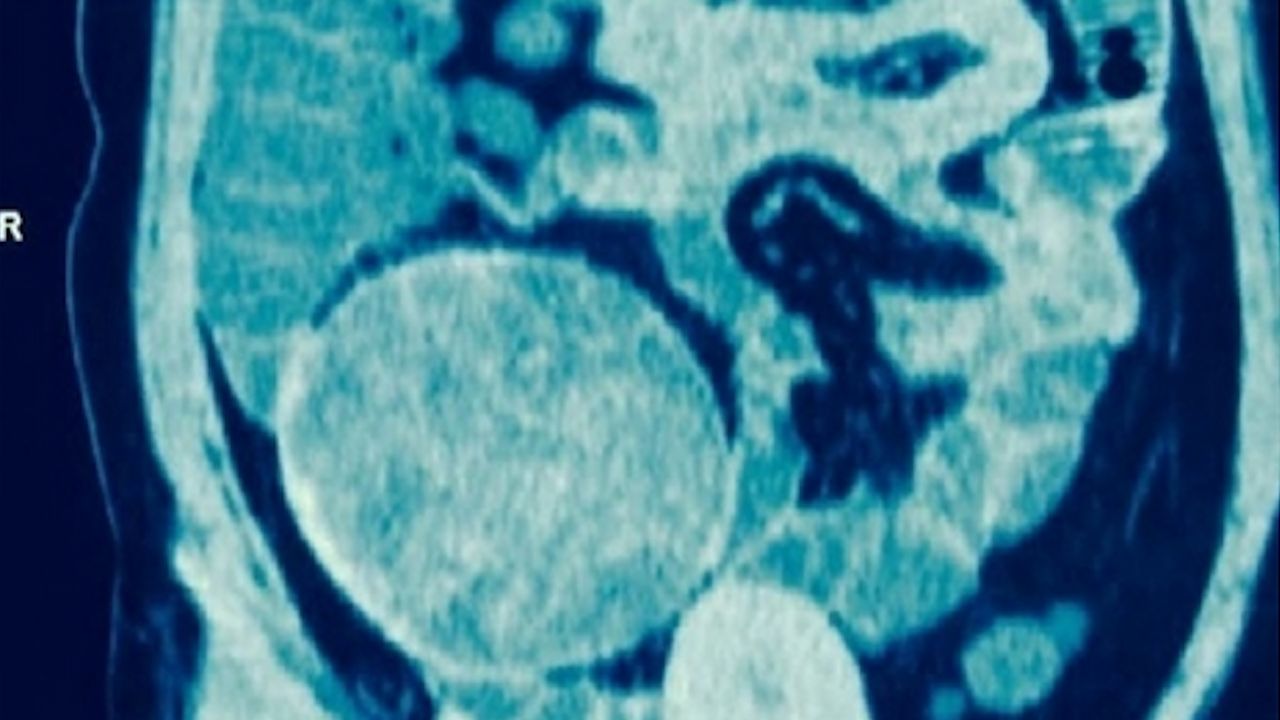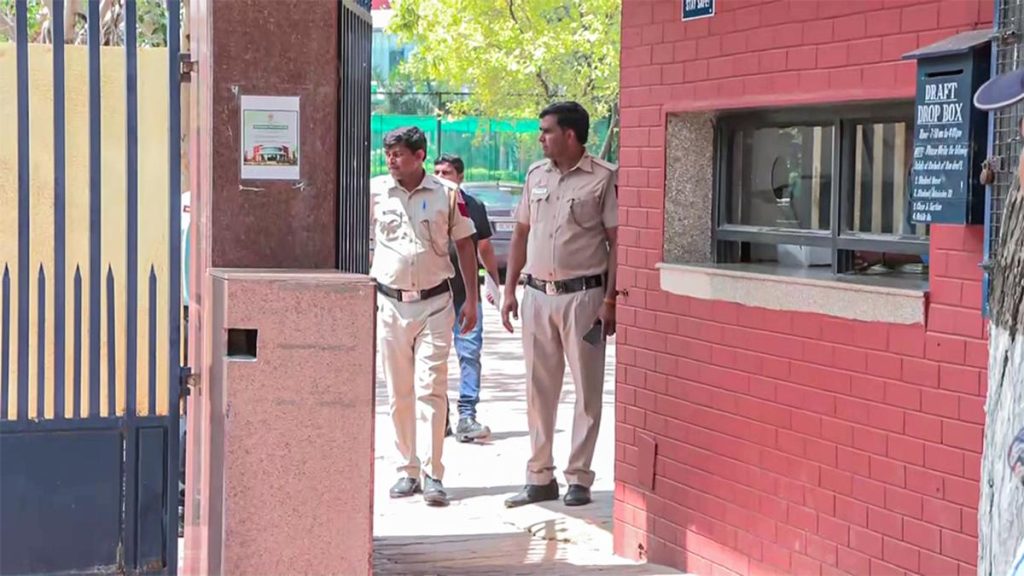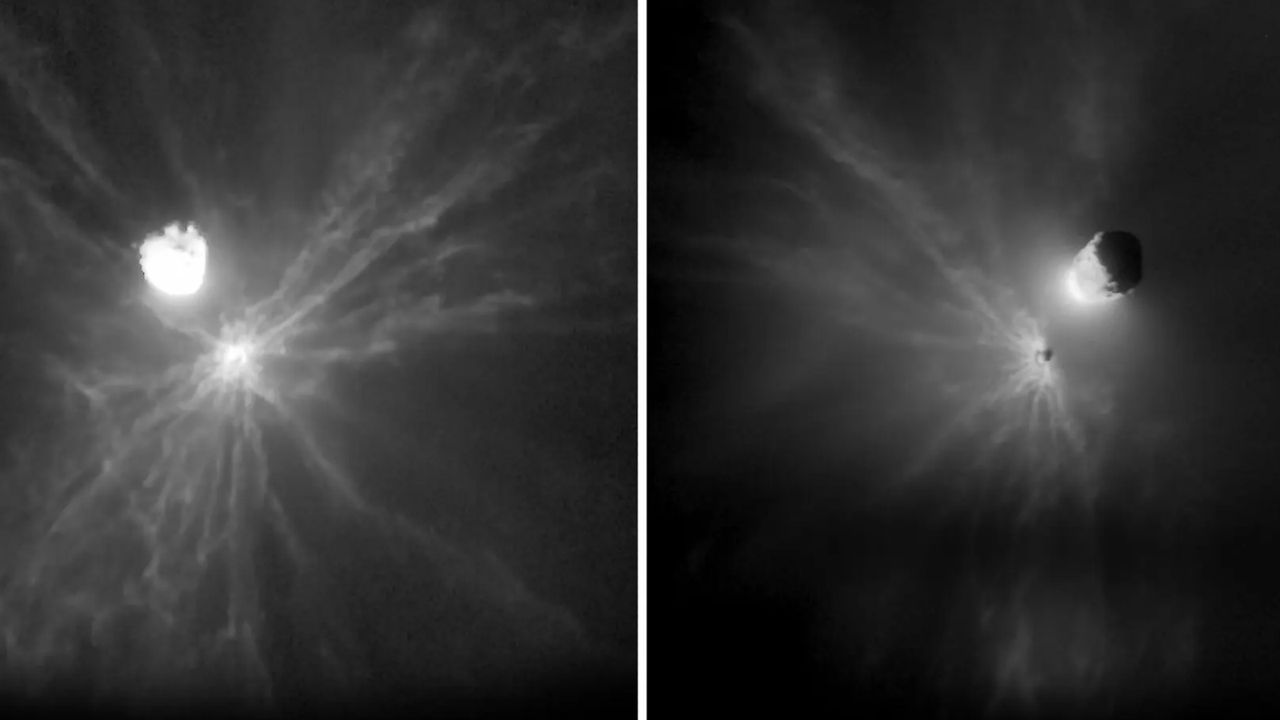Now Reading: Surgical Mishap: Sponge Found in Woman’s Hip Years After C-Section
-
01
Surgical Mishap: Sponge Found in Woman’s Hip Years After C-Section
Surgical Mishap: Sponge Found in Woman’s Hip Years After C-Section

Quick Summary
- Patient Details: A 38-year-old woman from new Delhi experienced persistent abdominal pain and lump formation after a cesarean section performed abroad.
- initial Diagnosis Attempts: Post-operative pain initially dismissed; imaging techniques (ultrasound,CT scan,MRI) showed a cyst but caused diagnostic confusion. The doctors speculated it might either be a mesenteric cyst or an encapsulated tapeworm.
- treatment: Surgical removal of the mysterious cyst in 2014 required cutting off part of the small intestine. The patient recovered successfully and was discharged seven days later.
- Final Diagnosis: The 8-inch-long cyst contained a surgical sponge accidentally left behind during her C-section procedure-a rare condition known as “gossypiboma.”
- Background Information: Gossypibomas occur in about 1 out of every 1,500 to 1,000 surgeries due to rushed procedures or tracking lapses by medical staff. Sponges can be hard to detect post-operatively when undetectable via imaging scans.
- Recommendations: Experts suggest using radio-detectable sponges and accurately counting materials during surgery to prevent such incidents.
!A CT scan revealed a ballooning cyst in the woman’s abdomen
Image credit: Courtesy of Dr. Amit Agarwal
Indian Opinion analysis
The case underscores the importance of rigorous surgical protocols, particularly material tracking during high-pressure operations like emergency cesarean sections. While rare, errors such as gossypiboma highlight systemic vulnerabilities within healthcare systems worldwide-including India-as they involve both human oversight and technological limitations (e.g., non-radio-detectable sponges).
For India specifically, this incident might prompt critical discussions on adopting globally standardized practices for operating rooms across public and private hospitals-especially considering that surgical complications often disproportionately impact patients with less access to follow-up care or advanced diagnostics beyond major urban centers like new Delhi.Integration of mandatory checks such as sponge detection systems can reduce instances like these while also bolstering patient trust.
Maintaining vigilance is key: what began here as unresolved discomfort evolved into years-long suffering for one individual-avoidable had proper protocols been observed initially.

























